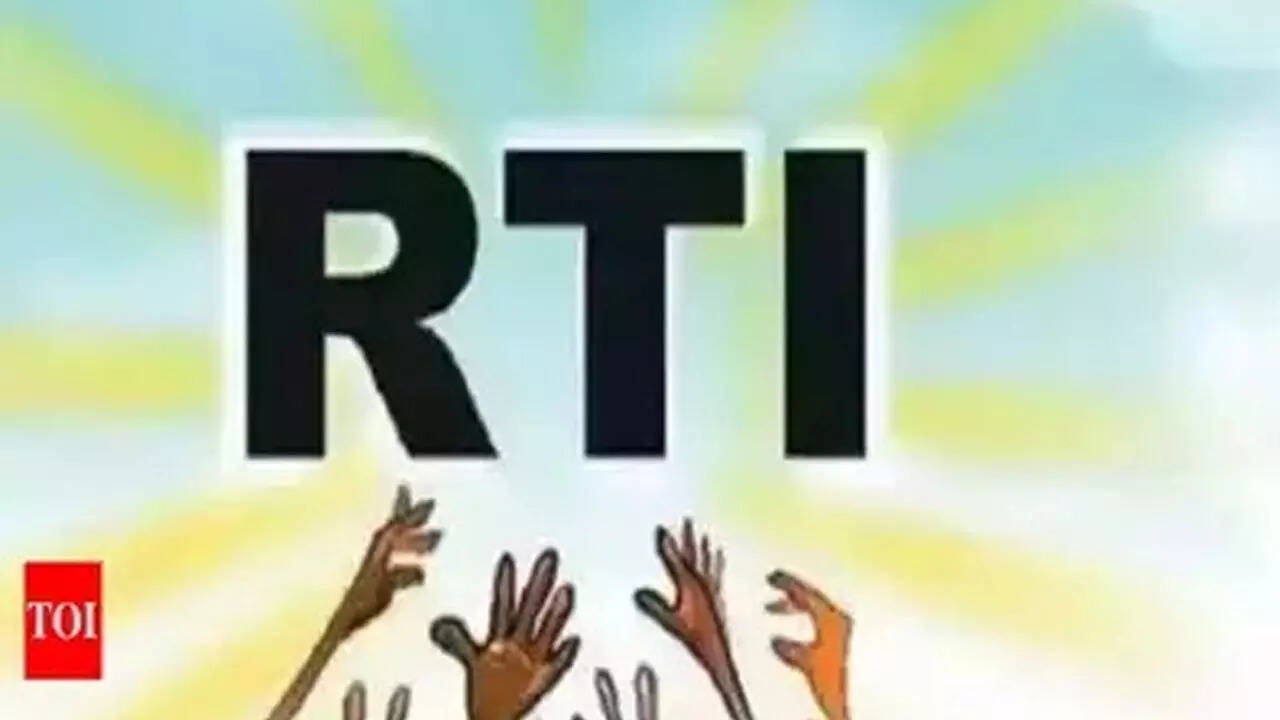
AHMEDABAD: Five persons, including two government employees, were recently "blacklisted" for asking too many questions by the state information commission - the very vanguard of the right given to citizens to ask questions under the RTI Act.
But, is there any provision to ban a citizen or an applicant from asking questions? Responding to an RTI query in this regard, the state home department in a circular replied on June 18 that "there exists no provision in law or a government resolution to blacklist citizens".
The circular added that "a recent high court order has even nullified blacklisting applicants by government departments".
Between 2019 and 2022, the state information commissioners (SICs) - D P Thaker and Ramesh Kariya - had blacklisted five persons from using the RTI, even going to the extent of instructing the departments to "not entertain any applications from the blacklisted individuals".
The applicants included Dr Rajesh Mehta from Savarkundla, who had posted 98 RTI applications on illegal constructions in his society with the local municipality. Kariya asked the municipality to not entertain any other RTI applications from Mehta.
Another issue involved Amreli resident Manoj Sarpadiya, a state road transport department employee facing a departmental enquiry since December 2020. He too was banned by Kariya from seeking department papers.
The third case involved three family members, one of whom was a state health department employee Dilhariben, her husband Chintan Makwana and mother-in-law Bharti Makwana. Together they had sent 1,000-odd emails to various health officials to seek why they were not eligible for a category of government quarter. The trio were banned for five years to file RTI pleas by state information commissioner Thaker in January 2021.
While Gujarat SICs relied on a few Delhi high court orders to blacklist citizens recently, it failed to look at its own past orders when on June 18, 2007, the process of blacklisting RTI applicants was ruled as "infructuous" by the Gujarat state chief information commissioner at the time, R N Das. This fact is now revealed in a guidebook published by Sardar Patel Institute of Public Administration (SPIPA).
The present SICs have relied on the Delhi high court rulings on Shail Sahni v/s Sanjeev Kumar and Others and CBSE versus Aditya Bandopadhyay of 2011.
"My RTI plea to the general administration department in June revealed that the Gujarat government maintains a record retention schedule which mentions category 50, called the 'blacklist of officers and government employees' and the process to enter their names in this blacklist. There is no category for citizens," says RTI applicant from Kalupur Pankaj Bhatt.







